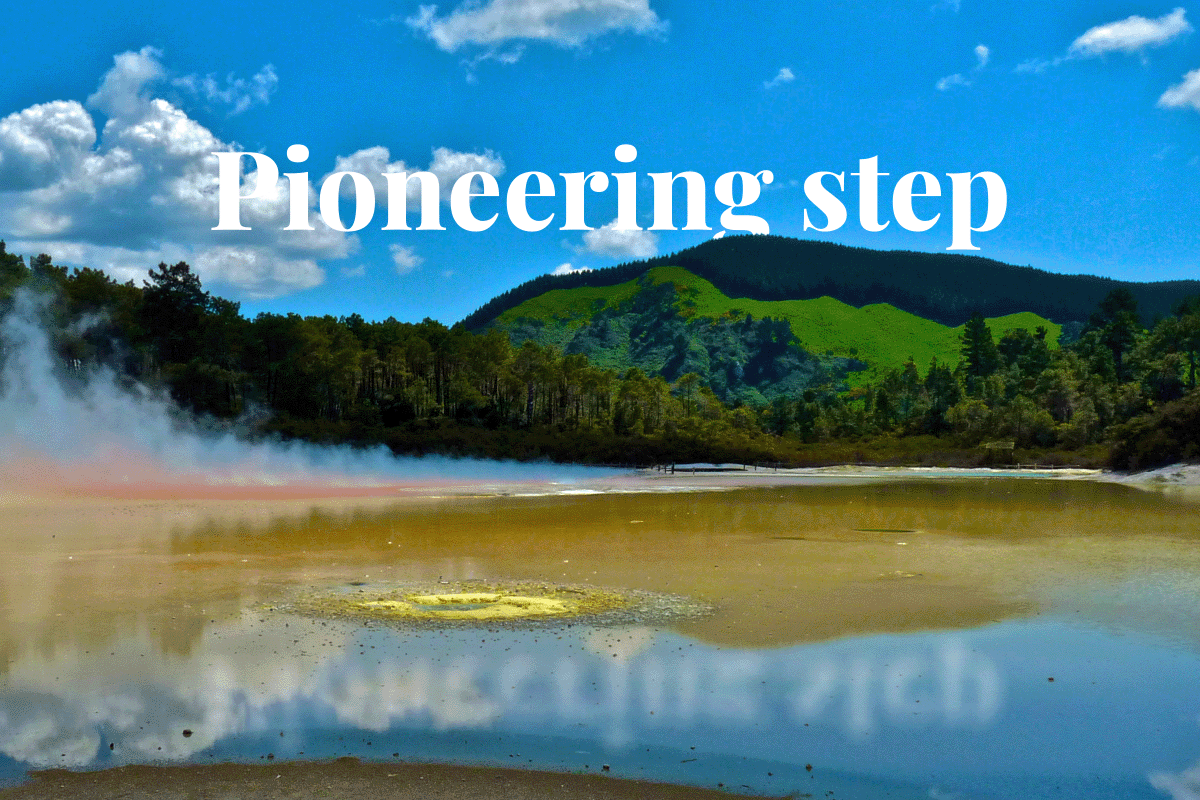Sealord, a large seafood company in the Southern Hemisphere, in partnership with Te Arawa Fisheries and New Zealand Carbon Farming, is taking a pioneering step towards carbon neutrality. The company has committed to investing $10 million over the next decade in a carbon offset initiative named Ara Rākau. This programme will focus on underutilised Te Arawa whenua in the Rotorua region, converting it into permanent forests.
 View over a geothermal area, Rotorua region, New Zealand.
View over a geothermal area, Rotorua region, New Zealand.
The primary objectives of Ara Rākau are multifaceted. Firstly, it will offset Sealord's carbon emissions, aligning with its sustainability goals. Sealord has already substantially reduced emissions through various means, including investing in new vessels and optimising fuel consumption. However, with most of its emissions originating from vessel fuel, achieving science-based carbon emission targets necessitates innovative solutions.
Read more: Record-breaking leap: 87% surge in global corporations adopting science-based targets
This initiative will also maximise the potential of marginal lands, ushering in a wealth of economic, social, and environmental benefits. As poor-quality land is transformed into lush forests, it represents a $16 billion economic opportunity for Māori and offers transformative outcomes for Indigenous communities and the environment. It underscores the potency of the Emissions Trading Schemes (ETS) as a driver of positive change.
Furthermore, Ara Rākau showcases the synergy between traditional Māori principles and sustainable climate action. By adhering to te ao Māori values, this partnership seeks to create a win-win scenario. Sealord will reduce its carbon footprint, the hapu will experience improved financial returns and employment opportunities, and water quality in Te Arawa lakes will see tangible improvements.
New Zealand Carbon Farming will oversee the physical planting and forestry management, emphasising biodiversity and carbon sequestration. They will work closely with Te Arawa Fisheries to establish a well-managed transition forest that benefits the environment and future generations. The project also embraces Mātauranga Māori knowledge to ensure best practices are followed.
Read more: The 10 largest forests in the world and what makes them unique
This collaborative effort between environmentally-conscious businesses, Iwi, and landowners highlights the potential for positive outcomes for both local communities and the planet. It sets an example of how climate-focused initiatives can drive sustainability, job creation, and environmental restoration.
Sealord is committed to mitigating climate impacts and achieving a greener future through carbon offsetting. With limited emissions reduction options in current operations, this $10 million investment in Ara Rākau is pivotal. It will fulfil carbon commitments while monitoring engine technology and alternative fuels for sustainability. This investment positions Sealord to reduce its environmental impact effectively, signifying a transformative journey toward sustainability, carbon neutrality, and environmental stewardship through partnerships with indigenous communities and environmental organisations
DGB Group enables organisations to effectively offset their carbon emissions by leveraging top-tier carbon and biodiversity credits. Through implementing nature-based solutions like reforestation, afforestation, and energy-efficient cookstove projects, companies can achieve significant carbon reductions while simultaneously promoting the wellbeing of nature and local communities. This collaborative effort paves the way for a sustainable future, harmoniously balancing environmental and social benefits.
Explore carbon-offsetting opportunities with DGB

